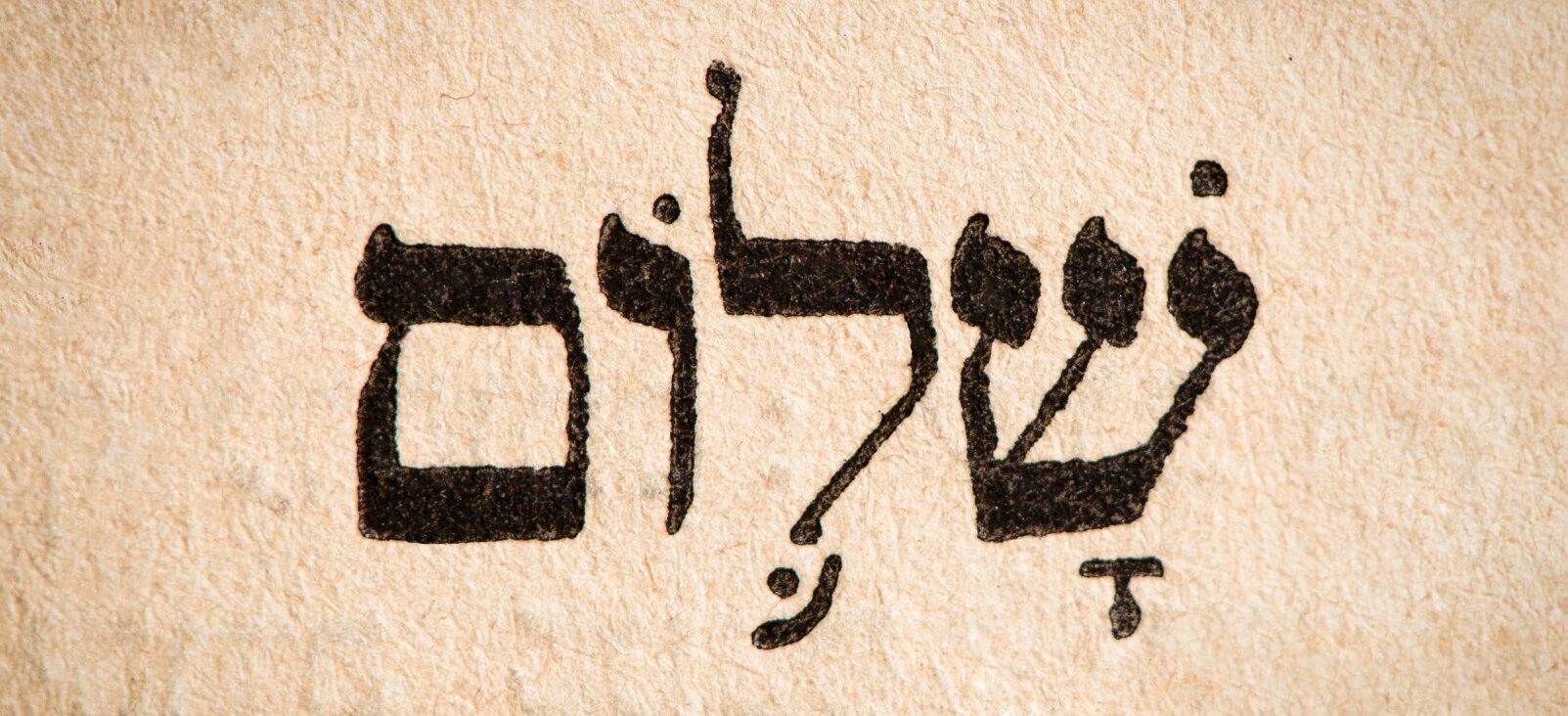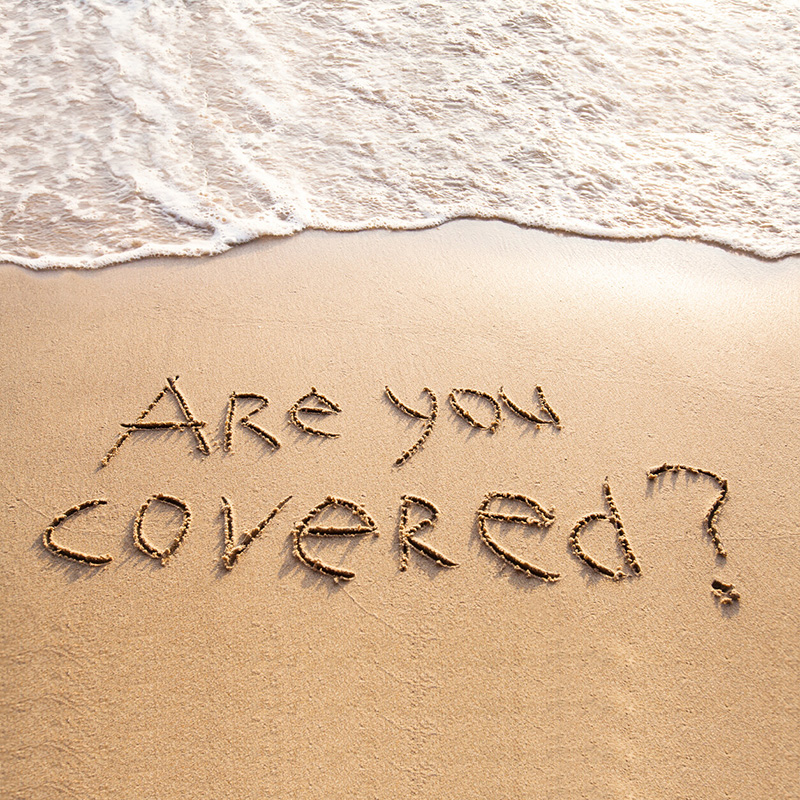When traveling to Israel, it is important to familiarize yourself with the currency and payment options available to you. The official currency of Israel is the Israeli Shekel (ILS), or more commonly NIS (New Israeli Shekel).
While many places in Israel accept credit cards, it is still a good idea to carry some cash with you, especially when shopping in markets and with vendors.
Almost all shops, markets and vendors will accept US dollars and euros. However, if you make a purchase with dollars, you will likely receive change back in shekels.
You can exchange currency in Israel at money exchanges or banks, but you could also simply withdraw shekels from ATM machines which are plentiful in Israel. Be aware that there are bank ATMs and privately owned ATM machines. Private ATMs will charge a higher commission, so bank ATMs are better.
If you would like to use an ATM in Israel, make sure your PIN code has only 4 digits – most Israeli card terminal only accept four-digit PINs.
While exchanging money at a bank is an option, be aware that they typically charge a fee and offer lesser exchange rates. Instead, consider exchanging money at one of the exchange offices or withdrawing cash from an ATM, which offers a better exchange rate.
Most stores and shops will accept credit cards and the need for cash is much less.
When using credit cards, make sure to notify your bank before traveling to Israel as they may freeze your card due to suspicious activity. It is also helpful to have a card with no foreign transaction fees to avoid extra charges.
Additionally, some places in Israel may only accept certain types of credit cards, such as Visa or Mastercard.
Tips for Handling Cash:
Keep small denominations: It’s a good idea to have a mix of small and larger denomination banknotes. Many smaller shops, cafes, and markets prefer cash payments, and having ample change will make transactions more convenient.
Notify your bank: Prior to your departure, inform your bank about your travel plans to ensure that your credit or debit card transactions are not flagged as suspicious. This will prevent any unnecessary disruptions while you are abroad.
Secure your cash: Keep your cash securely stored in a money belt or a secure pocket to minimize the risk of loss or theft. When shopping, take out only what you need at the moment to avoid displaying more cash than necessary.
Credit Cards:
Credit cards are widely accepted in most establishments in Israel, especially in major cities and tourist areas. Visa and Mastercard are the most widely accepted cards, followed by American Express and Diners Club.
Tips for Using Credit Cards:
Check with your card issuer: Before you leave, contact your credit card company to verify if they charge foreign transaction fees. Some credit card providers may impose additional charges for transactions made outside your home country.
Inform your card provider: Similar to cash travel tips, inform your credit card company about your travel plans. This way, your card activity will not be perceived as fraudulent, minimizing the chances of your card being blocked.
Keep an eye on conversion rates: While using a credit card, you may be given the choice to pay in your home currency or the local currency. Opting to pay in the local currency rather than your home currency is usually more favorable, as the conversion rates are often more competitive.
Carry a backup card: It’s wise to carry a backup credit card in case of emergencies or if one card is lost or stolen.
Safety tip: Men should consider keeping their wallets in their front pockets which is more difficult for pickpockets to access. Women should keep wallets in a closed purse or bag with a shoulder strap across the body.
Conclusion:
Understanding the currency and credit card options in Israel is crucial for a seamless travel experience. Carrying a blend of cash and credit cards while being mindful of currency conversion rates and potential fees will ensure that you can make purchases and enjoy all that Israel has to offer hassle-free. Embrace the wonders of Israel with confidence, knowing that you have a solid understanding of its monetary landscape.
Remember to enjoy the deep biblical history of Jerusalem, float in the Dead Sea, and sample the mouth-watering cuisine of Israel while making well-informed decisions about your money management during your visit to this culturally diverse and historically significant destination.




